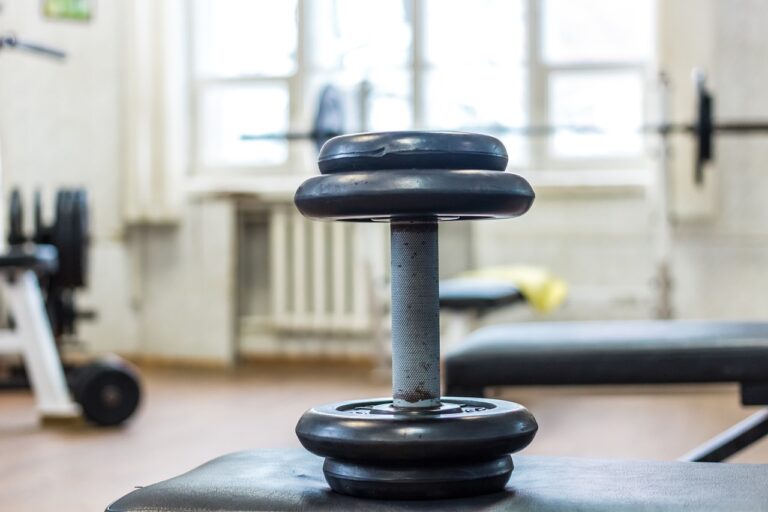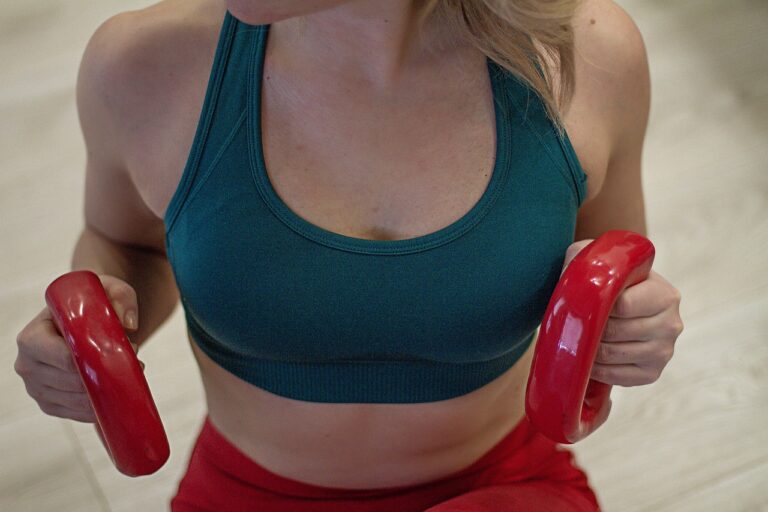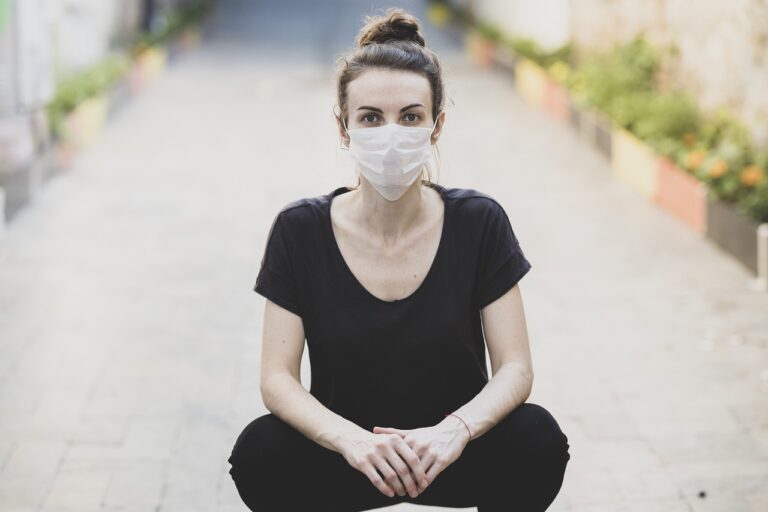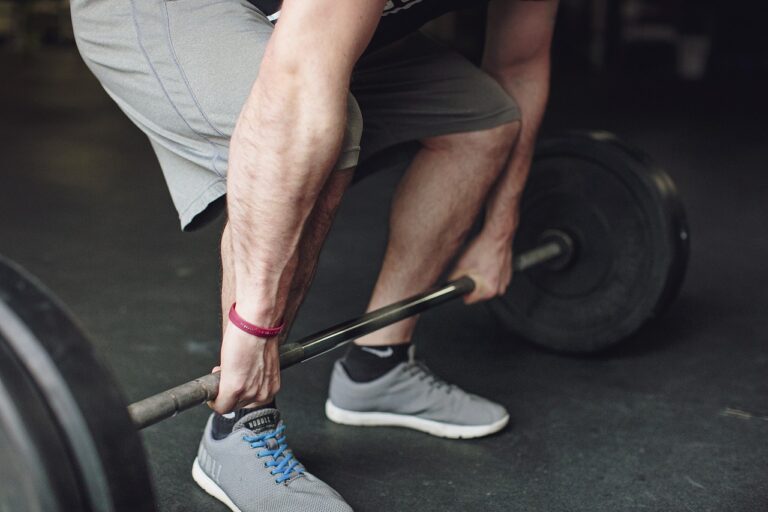The Role of Pulmonary Rehabilitation in Patients with Idiopathic Pulmonary Arterial Hypertension: 247betbook, Radhe exchange login, World 777 id
247betbook, radhe exchange login, world 777 id: Pulmonary arterial hypertension (PAH) is a rare, progressive disease characterized by high blood pressure in the arteries of the lungs. Idiopathic pulmonary arterial hypertension (IPAH) refers to cases where the underlying cause of PAH is unknown. Patients with IPAH often experience symptoms such as shortness of breath, fatigue, chest pain, and fainting spells, which can significantly impact their quality of life.
While there is currently no cure for IPAH, there are treatment options available to help manage the disease and improve patients’ symptoms. One key component of comprehensive care for patients with IPAH is pulmonary rehabilitation. Pulmonary rehabilitation is a multidisciplinary program aimed at improving the physical and emotional well-being of individuals with chronic respiratory diseases, such as IPAH.
Why is pulmonary rehabilitation important for patients with IPAH?
Pulmonary rehabilitation plays a crucial role in the management of IPAH by addressing both the physical and emotional aspects of the disease. The program typically includes a combination of exercise training, education, and counseling tailored to the individual needs of each patient.
Exercise training is a central component of pulmonary rehabilitation for patients with IPAH. Regular physical activity has been shown to improve exercise capacity, muscle strength, and overall quality of life in individuals with chronic respiratory diseases. In the case of IPAH, exercise training can help patients build endurance, reduce shortness of breath, and increase their ability to perform daily activities.
Education is another important aspect of pulmonary rehabilitation for patients with IPAH. Patients and their caregivers are taught about the nature of the disease, its progression, and the importance of adhering to treatment plans. Education can help patients better understand their condition and empower them to take an active role in managing their health.
Counseling is also a key component of pulmonary rehabilitation for patients with IPAH. Living with a chronic disease like IPAH can take a toll on patients’ mental health and emotional well-being. Counseling can help patients cope with the emotional challenges of their condition, reduce anxiety and depression, and improve their overall quality of life.
Overall, pulmonary rehabilitation can help patients with IPAH improve their physical fitness, manage their symptoms, and enhance their quality of life. By addressing the physical and emotional aspects of the disease, pulmonary rehabilitation plays a vital role in the comprehensive care of individuals with IPAH.
What does a typical pulmonary rehabilitation program for patients with IPAH involve?
A typical pulmonary rehabilitation program for patients with IPAH involves a multidisciplinary team of healthcare professionals, including pulmonologists, respiratory therapists, physical therapists, and mental health professionals. The program is usually conducted in a specialized outpatient setting and lasts for several weeks to months, depending on the individual needs of the patient.
The program typically includes the following components:
– Initial assessment: Patients undergo a comprehensive evaluation to assess their physical fitness level, pulmonary function, and overall health. This assessment helps the healthcare team determine the appropriate exercise intensity and duration for each patient.
– Exercise training: Patients participate in supervised exercise sessions tailored to their individual needs and abilities. These sessions may include aerobic exercises, strength training, and flexibility exercises to improve overall fitness and muscle strength.
– Education: Patients receive education on topics such as the nature of IPAH, medication management, oxygen therapy, nutrition, and lifestyle modifications. Education sessions are led by healthcare professionals and aim to empower patients to take control of their health.
– Counseling: Patients have access to mental health professionals, such as psychologists or social workers, who can provide emotional support, coping strategies, and stress management techniques. Counseling sessions help patients address the emotional challenges of living with a chronic disease like IPAH.
– Follow-up care: After completing the pulmonary rehabilitation program, patients are provided with a personalized exercise plan and ongoing support to help them maintain their physical fitness and continue to manage their symptoms.
In summary, a typical pulmonary rehabilitation program for patients with IPAH involves a comprehensive approach to improving physical fitness, managing symptoms, and enhancing quality of life. By addressing the physical and emotional aspects of the disease, pulmonary rehabilitation plays a critical role in the care of individuals with IPAH.
FAQs
Q: Is pulmonary rehabilitation suitable for all patients with IPAH?
A: Pulmonary rehabilitation may not be suitable for all patients with IPAH, as individual factors such as disease severity, mobility, and overall health must be considered. It is important to consult with a healthcare provider to determine if pulmonary rehabilitation is appropriate for a specific patient.
Q: How long does a pulmonary rehabilitation program typically last?
A: The duration of a pulmonary rehabilitation program can vary depending on individual needs and progress. Programs generally last for several weeks to months, with sessions typically scheduled 2-3 times per week.
Q: Can pulmonary rehabilitation improve survival rates in patients with IPAH?
A: While pulmonary rehabilitation can improve physical fitness, symptoms, and quality of life in patients with IPAH, its impact on survival rates is still being studied. It is essential for patients to continue with prescribed medical treatments to manage the disease effectively.
In conclusion, pulmonary rehabilitation plays a vital role in the comprehensive care of patients with idiopathic pulmonary arterial hypertension. By addressing the physical and emotional aspects of the disease, pulmonary rehabilitation can help patients improve their physical fitness, manage their symptoms, and enhance their overall quality of life. If you or a loved one are living with IPAH, consider discussing the benefits of pulmonary rehabilitation with your healthcare provider to determine if it is the right option for you.







